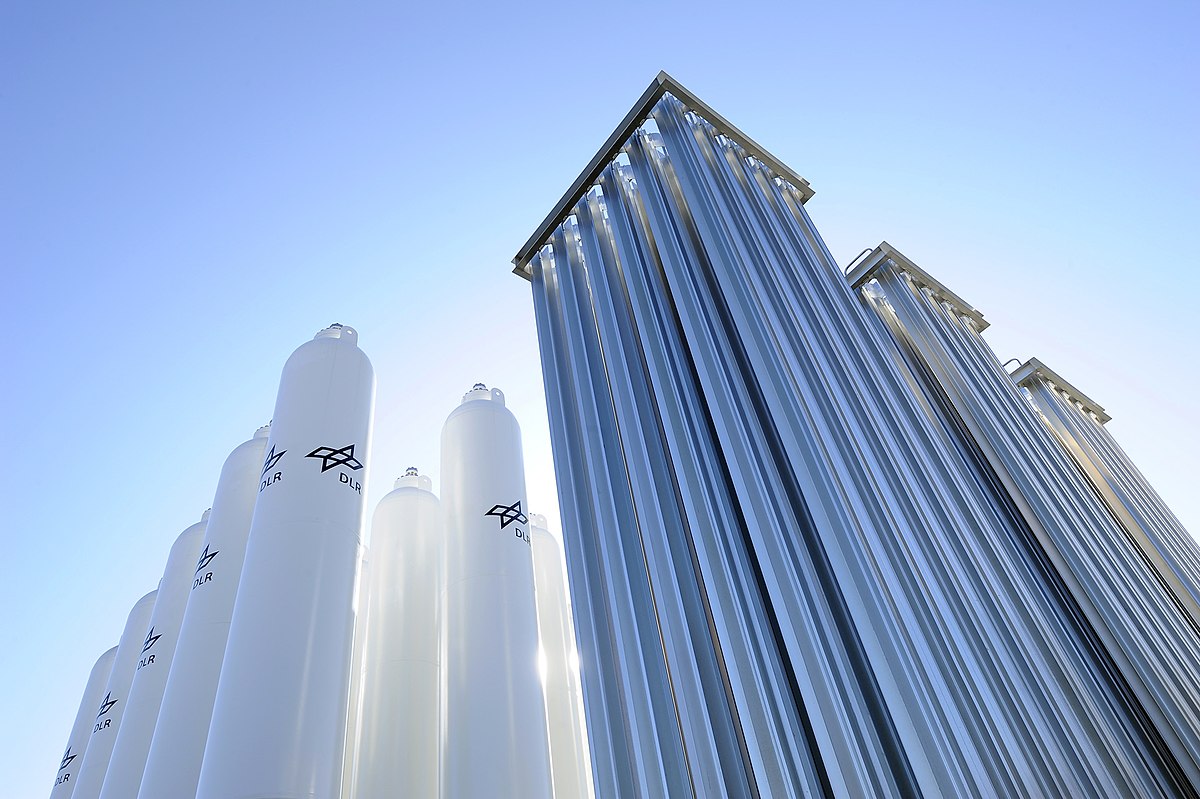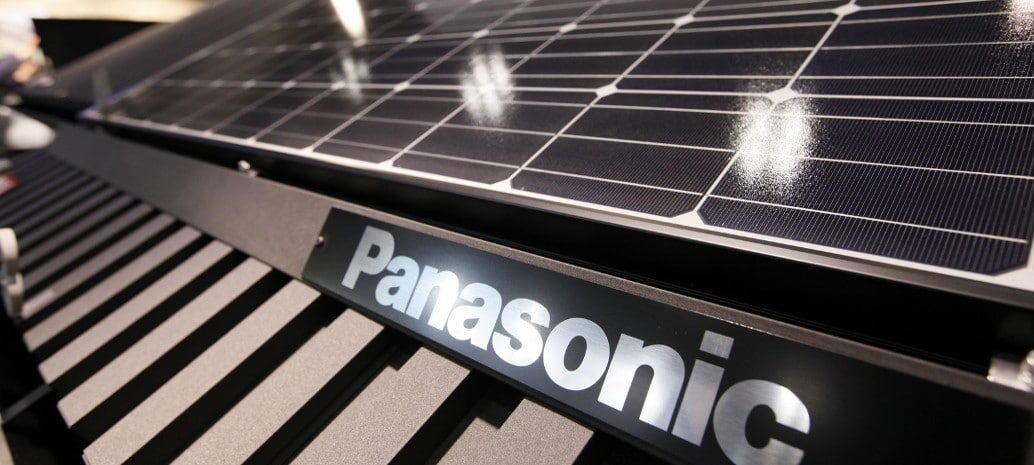From pv magazine India
India has unveiled its green hydrogen policy as a step towards meeting the objectives of the National Hydrogen Mission launched by the prime minister last year.
The National Hydrogen Mission aims to make India a green hydrogen hub, enabling the nation to meet its climate targets while reducing its fossil fuel import bills. It targets the production of 5 million tonnes of green hydrogen by 2030 and the related development of renewable energy capacity.
Hydrogen plays a critical role in the Indian economy, with roughly 6 million tons of hydrogen consumed annually, primarily in ammonia and methanol production and for use in refineries. A report from the Energy and Resources Institute estimates that demand for hydrogen could grow to as much as 28 million tons by 2050.
Virtually all the hydrogen consumed in India today is grey (hydrogen produced using fossil fuels), the production of which emits roughly 9 tons of CO2 per ton of hydrogen. Therefore, enabling cost-effective domestic production of green hydrogen (utilizing renewable electricity) is critical for India to reduce the carbon intensity of heavy industry and help achieve its energy security and emissions targets.
With hydrogen and ammonia envisaged as the future fuels, the government is determined to facilitate their production using renewable sources of electricity instead of fossil fuels/fossil fuel-based feedstocks.
Policy highlights
The policy is designed to promote the production of green hydrogen and green ammonia by easing the process of RE purchase, storage, and transmission for the manufacturers.
Green hydrogen/ammonia manufacturers can purchase renewable power from the power exchange or set up renewable energy capacity themselves or through any other developer anywhere. For such plants, open access will be granted within 15 days of receipt of application. They can bank their unconsumed renewable power, for up to 30 days, with the distribution company and take it back when required.
Distribution licensees can also procure and supply renewable energy to the manufacturers of green hydrogen/green ammonia in their states at concessional prices, which will only include the cost of procurement, wheeling charges, and a small margin as determined by the State Commission.
Further, green hydrogen and green ammonia manufacturers shall be allowed a 25-year waiver of inter-state transmission charges for the projects commissioned before June 30, 2025. ISTS connectivity for the renewable energy capacity set up to manufacture green hydrogen/green ammonia shall be granted priority.
Hydrogen and ammonia producers and distribution licensees will be eligible for incentive benefits from the renewable purchase obligation (RPO) for the consumption of renewable power.
Among other measures, the ministry of new and renewable energy is setting up a single portal to carry out all the activities, including statutory clearances, in a time-bound manner.
Green hydrogen and green ammonia producers will be allowed to set up bunkers near ports for storage of green ammonia for export and use by the shipping sector. The land for the storage for this purpose shall be provided by the respective port authorities at applicable charges.
To further encourage the usage of green hydrogen by industries, the fuel has been included under RPO regulations.
This content is protected by copyright and may not be reused. If you want to cooperate with us and would like to reuse some of our content, please contact: editors@pv-magazine.com.




5 comments
By submitting this form you agree to pv magazine using your data for the purposes of publishing your comment.
Your personal data will only be disclosed or otherwise transmitted to third parties for the purposes of spam filtering or if this is necessary for technical maintenance of the website. Any other transfer to third parties will not take place unless this is justified on the basis of applicable data protection regulations or if pv magazine is legally obliged to do so.
You may revoke this consent at any time with effect for the future, in which case your personal data will be deleted immediately. Otherwise, your data will be deleted if pv magazine has processed your request or the purpose of data storage is fulfilled.
Further information on data privacy can be found in our Data Protection Policy.